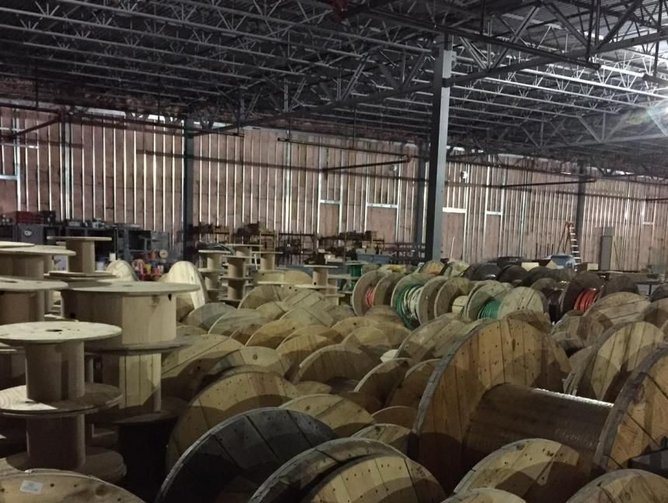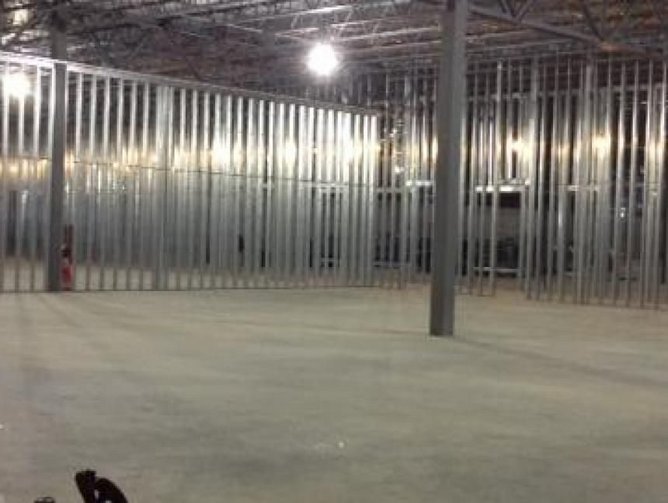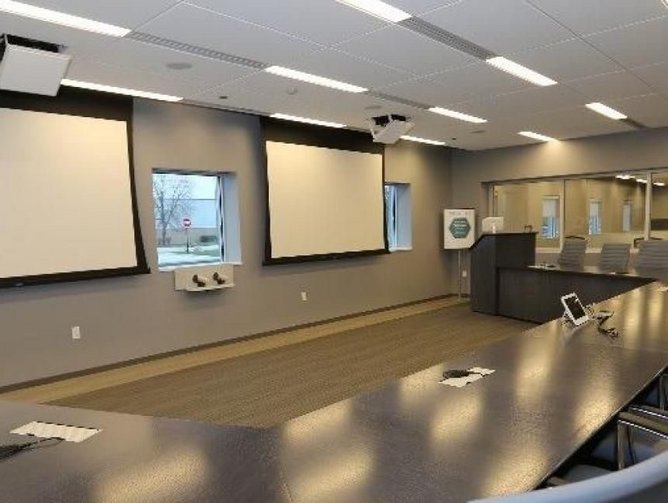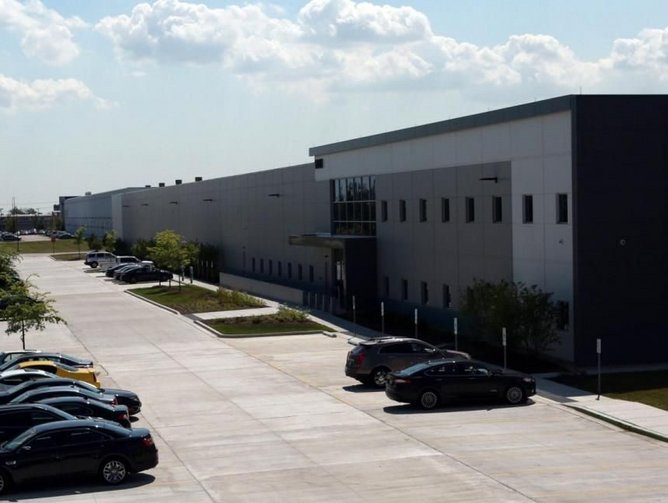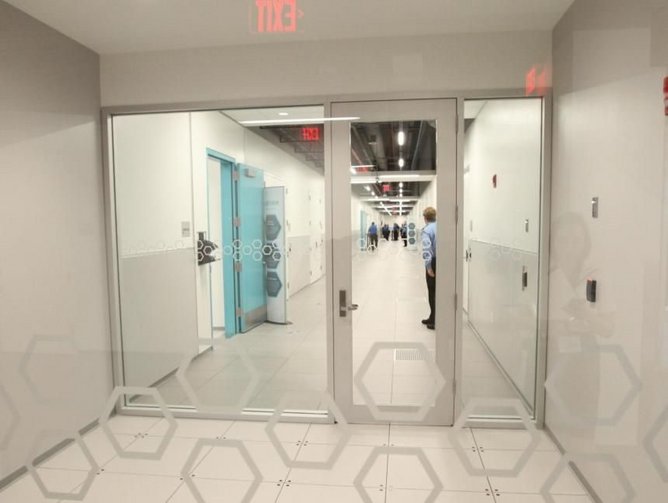In the digital age, consumers demand speed and reliability in web services. Companies are catching on — and realising that their own facilities can’t accommodate their IT infrastructure.
Data centers have never merely been houses for IT equipment — but as businesses increasingly come to rely on the facilities to store critical information, their security and infrastructure needs have grown more complex. Perhaps no one is more familiar with the demands placed on modern data centers than Forsythe Technology’s newly created expert entity, Forsythe Data Centers. Last year, the company debuted a state-of-the-art facility in Elk Grove, Illinois, a suburb west of Chicago.
“It’s really more than a traditional colocation data center,” says David Carlson, Vice President of Forsythe Hosting Solutions. “It’s an innovation center.”
The Tier III Uptime Certified facility boasts 90,000 square feet of space and 30MW of IT load. More important than these numbers are the numerous options clients have for space, security and customisation within the building. Forsythe allows customers to test, plan, construct and manage all of the infrastructure that goes into its dedicated private suites, resulting in a highly agile and scalable offering.
“Clients look to us from a technical perspective, to help them maneuver through the technical side of the conversation,” explains Steve Harris, Vice President of Data Center Development. Harris also cites Forsythe’s ability to help clients migrate, and later provide supporting services, as factors which make the company unique in the data center market. “We offer a full turnkey solution to clients who are looking for that capability,” he says.
In selecting a data center, any prospective client will want to ensure that their information is secure and that all of their equipment is kept sufficiently cool. Many of Forsythe’s customers are enterprises for whom privacy is also paramount, and they have found that the facility’s private suites offer them the peace of mind that a traditional ‘cage’ environment cannot.
“The cage environment was good ten years ago,” says Carlson. “Going forward, the security and flexibility of a full six-wall suite is becoming increasingly important to some clients. It provides them the concept of having their own dedicated data-center-within-a-data-center.”
Forsythe ensured that the Elk Grove facility was in compliance with leading auditing and information security standards, receiving both SSAE 16 and ISO 27001 accreditation once the center was opened. “[Clients] can control security and have the audit capabilities they require,” Carlson explains. “Each client has six to seven security points just to get into their space. Being in our facility really enables them to meet their own compliance requirements.”
Harris drew on his years of experience as the director of the company’s data center engineering practice when determining the specific features and services that the Elk Grove facility would offer customers. Before the advent of Forsythe Data Centers, Harris managed a team which would also help clients to select a colocation provider anywhere in the United States. “In doing that engagement over and over again, we were able to see all sorts of provider facilities,” he recalls. “Over time we got to see the good, the bad and the ugly.” His team would make “mental notes” when touring data centers, and were ultimately able to compile numerous examples of best — and worst — practice.
“With that collective mental file that each of us had, we were able to design a facility that included the best of the best,” Harris says. “And ensure that we didn’t make mistakes other providers had made.”
Forsythe offers private suites in a handful of sizes and configurations — from 300 to 4,000 square feet of contiguous space and 50kw to 1.5MW of power. However, a customer’s options for cooling increase significantly once certain dimensions are exceeded. “When you get to 1000 square feet, your private, dedicated, hard wall suite also comes with your own power and cooling that is dedicated just to you,” Harris says. “You control your humidity set points and you control your temperature set points.
“You’re helping to manage the environment of your data center and hopefully manage it in the most efficient way possible. We will help the client do that, as well, in order to make sure that the electric bill portion of their rent is as low as possible.”
Forsythe’s Elk Grove facility has achieved low Power Usage Effectiveness (PUE) scores, indicating high levels of energy efficiency. Carlson credits the efficiency of the building to the company’s partnership with Emerson Network Power, a provider of critical infrastructure for data centers, communications networks and industrial facilities.
“We had PUEs as low as 1.27 and a lot of that is due, quite frankly, to the power and cooling equipment that we procured from Emerson, both from the UPS (uninterruptable power supply) standpoint and from a critical standpoint,” says Carlson. “We are able to achieve those PUEs because of the equipment selected, designed and built by Emerson.”
The success of the partnership was due, in no small part, to both companies’ willingness to collaborate.
“We believe two things: a part that’s not there can’t break and a connection that’s not there can’t fail,” says Peter Panfil, Vice President, Global Power at Emerson Network Power. “The goal was to take Forsythe’s original concept design, look for ways to improve it and come up with an integrated solution.”
The result of the partnership is a data center equipped to meet a customer’s every need — and exceed their expectations. “They are unique in the things that they can offer to critical space customers,” Panfil says of Forsythe. “They are a unique combination that allows customers speed, scalability, reliability and quality. Those are the four things that every single critical space customer I’ve talked to says keeps them up at night.”
